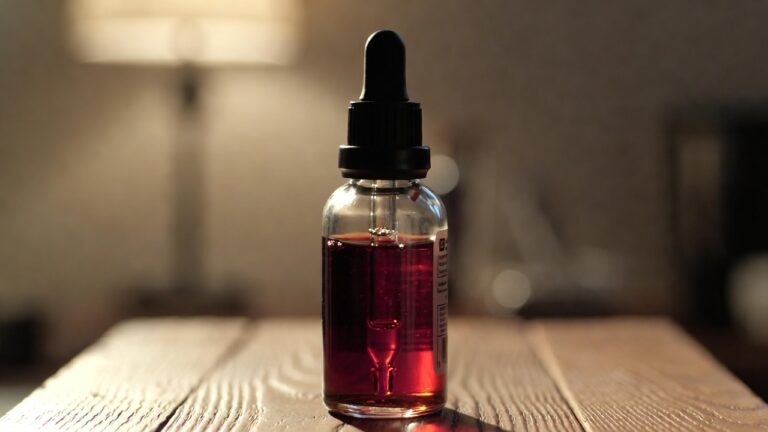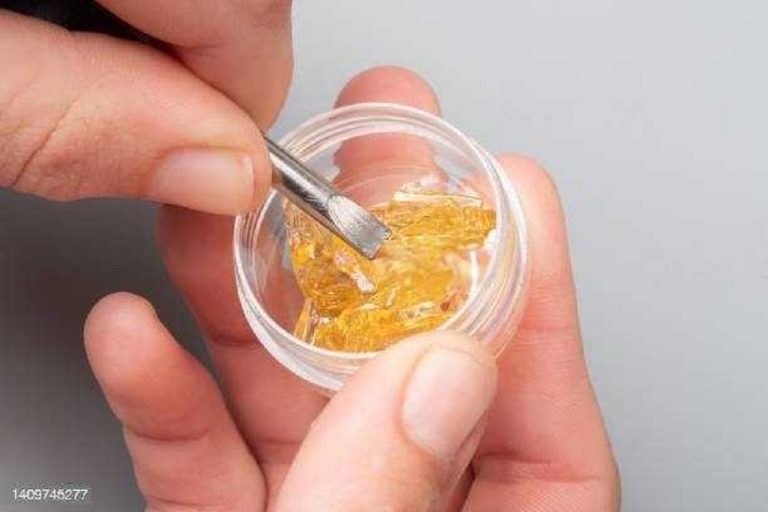
Delta-9 THC distillate, a highly concentrated form of THC, has gained attention for its potential therapeutic benefits and potent psychoactive effects. As the primary psychoactive compound in cannabis, THC interacts with the brain and body in ways that can influence mental health, both positively and negatively. This article explores the relationship between Delta-9 THC distillate and mental health, examining its potential benefits, risks, and considerations for safe use.
Understanding Delta-9 THC Distillate
Delta-9 THC distillate is a purified extract of THC, typically containing over 90% THC. The distillation process removes impurities, other cannabinoids, and terpenes, resulting in a highly potent and pure product. This concentrated form of THC can be consumed in various ways, including vaping, edibles, sublingual administration, and topicals.
Potential Mental Health Benefits
1. Anxiety Relief
One of the most common reasons people use cannabis is to alleviate anxiety. Some users find that Delta-9 THC distillate can help reduce symptoms of anxiety by promoting relaxation and reducing stress. Research indicates that THC can interact with the endocannabinoid system, which plays a role in regulating mood and anxiety levels.
However, the effects of THC on anxiety can be dose-dependent. Low to moderate doses of THC might have anxiolytic effects, helping to calm the mind and reduce anxiety. Conversely, high doses can sometimes exacerbate anxiety symptoms, leading to heightened paranoia or panic attacks. Therefore, careful dosing is essential.
2. Mood Enhancement
Delta-9 THC distillate can also have mood-enhancing properties. THC stimulates the release of dopamine, a neurotransmitter associated with pleasure and reward. This can lead to feelings of euphoria and improved mood, which might be beneficial for individuals dealing with depression or low mood.
Studies have shown that cannabis use can be associated with temporary improvements in mood and overall well-being. However, long-term effects and the potential for dependency must be considered.
3. Sleep Aid
Insomnia and other sleep disorders can significantly impact mental health. Delta-9 THC distillate can help promote better sleep by inducing drowsiness and reducing the time it takes to fall asleep. Its potent effects can be particularly useful for individuals with severe sleep disturbances.
Anecdotal evidence and some studies suggest that THC can improve sleep quality and duration. However, regular use of THC for sleep can lead to tolerance, requiring higher doses over time, which might affect overall sleep architecture.
Potential Risks and Negative Effects
1. Anxiety and Paranoia
While low to moderate doses of Delta-9 THC distillate can reduce anxiety, higher doses can have the opposite effect. High levels of THC can trigger anxiety, paranoia, and even panic attacks in some individuals. This paradoxical effect is a significant concern, especially for new users or those with a predisposition to anxiety disorders.
2. Psychosis
There is evidence linking high THC consumption with an increased risk of psychosis, particularly in individuals with a predisposition to mental health disorders such as schizophrenia. Regular and heavy use of THC can lead to symptoms such as hallucinations, delusions, and cognitive impairment.
Research suggests that THC can exacerbate symptoms in individuals with preexisting psychotic disorders and may even trigger the onset of psychosis in susceptible individuals. Therefore, it is crucial for people with a family history of psychosis or those with personal mental health concerns to approach THC use with caution.
3. Cognitive Impairment
THC can affect cognitive functions, including memory, attention, and executive function. While these effects are often temporary and reversible upon cessation of use, chronic use of high-potency THC products like distillates can lead to persistent cognitive deficits.
Young adults and adolescents are particularly vulnerable to the cognitive effects of THC, as their brains are still developing. Long-term use during adolescence can have lasting impacts on brain development and cognitive function.
Safe Use and Considerations
1. Start Low and Go Slow
Given the high potency of Delta-9 THC distillate, starting with a low dose and gradually increasing it is essential to gauge individual tolerance and avoid adverse effects. This approach is especially important for individuals new to cannabis or those sensitive to THC.
2. Be Mindful of Set and Setting
The context in which Delta-9 THC distillate is used can significantly influence its effects. A calm, comfortable environment can help mitigate potential negative effects like anxiety or paranoia. Users should also consider their mental state before using THC, as it can amplify current emotions.
3. Consider the Method of Consumption
Different methods of consuming Delta-9 THC distillate can result in varying onset times and effects. Vaping or smoking can provide rapid effects, while edibles and sublingual administration result in a slower onset but longer-lasting effects. Users should choose a method that aligns with their needs and preferences.
4. Consult with a Healthcare Professional
Individuals with preexisting mental health conditions or those taking medications should consult with a healthcare professional before using Delta-9 THC distillate. A professional can provide guidance on potential interactions and help monitor for any adverse effects.
5. Avoid Mixing with Alcohol or Other Substances
Mixing Delta-9 THC distillate with alcohol or other psychoactive substances can enhance its effects and increase the risk of adverse reactions. It is generally advisable to use THC products independently to better control and understand their effects.
Conclusion
Delta-9 THC distillate holds promise for various mental health applications, including anxiety relief, mood enhancement, and sleep improvement. However, its high potency also carries significant risks, particularly when used irresponsibly or by individuals with a predisposition to mental health disorders.
To maximize the potential benefits and minimize the risks, it is crucial to approach Delta-9 THC distillate with caution. Starting with low doses, being mindful of the context, considering the method of consumption, consulting with healthcare professionals, and avoiding mixing with other substances are all essential steps for safe use.
As with any substance, individual responses to Delta-9 THC distillate can vary widely. By staying informed and taking a cautious approach, users can better navigate the complex relationship between Delta-9 THC distillate and mental health, leveraging its benefits while mitigating potential risks.



